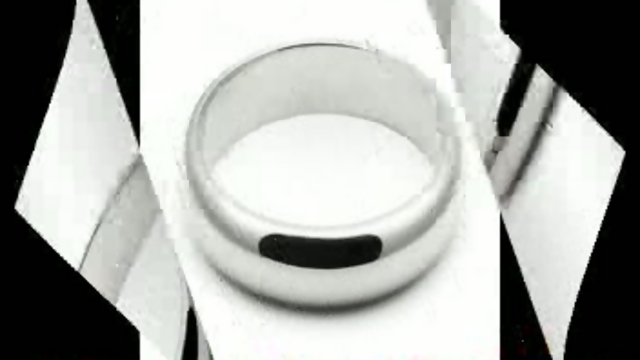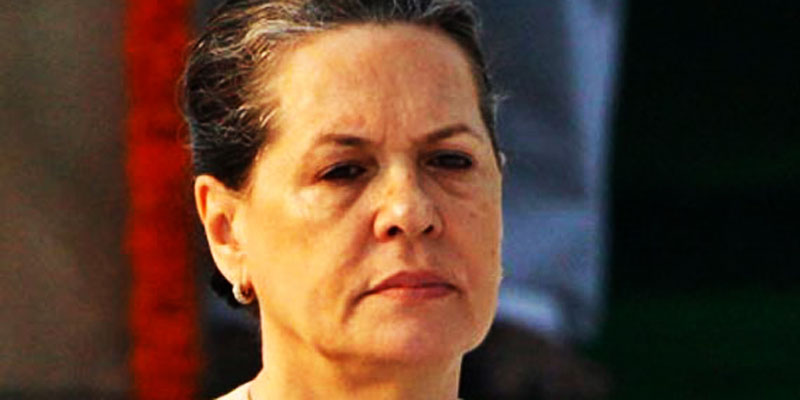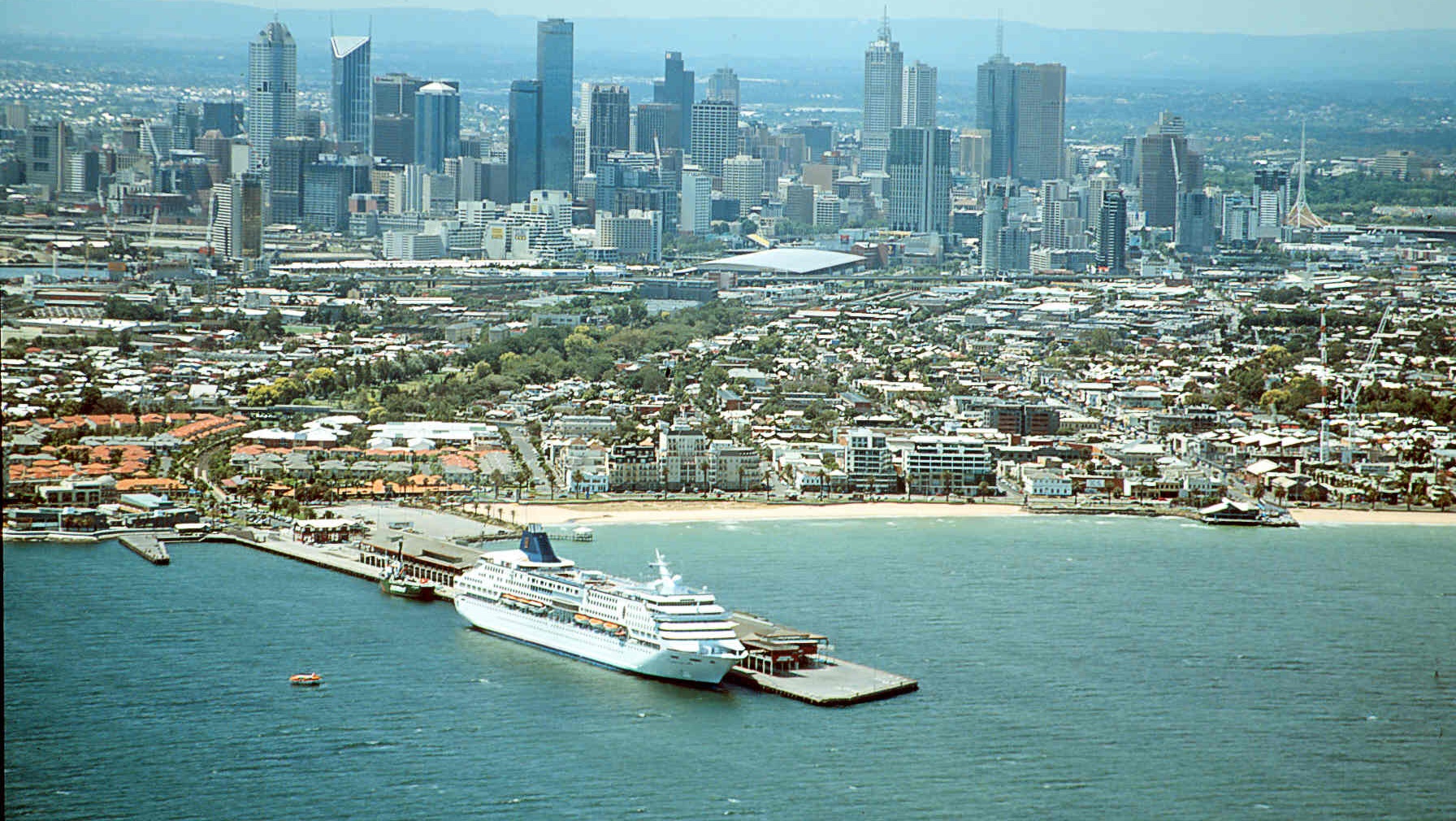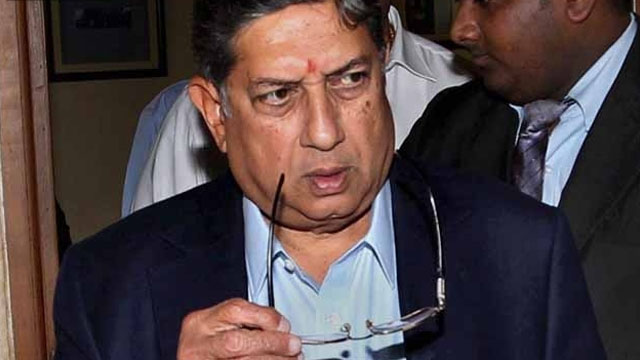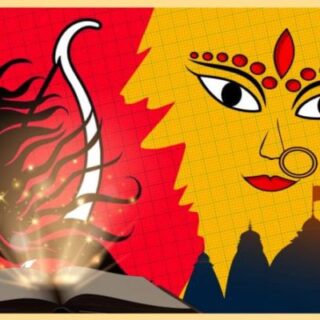India has emerged as the fourth largest consumer of platinum jewellery in the world and a trade expert noted that the discerning Indian woman seeks designs based on international trends merged with Indian motifs.
India has emerged as the fourth largest consumer of platinum jewellery in the world and a trade expert noted that the discerning Indian woman seeks designs based on international trends merged with Indian motifs.
India is the fourth largest consumer of platinum jewellery after China, Japan and the US, said Nicholas Graham Smith of trade body Platinum Guild International (PGI). He believes the market is on a growth trajectory in the country.
“Historically, India is a jewellery-loving country and even though today’s generation has a modern outlook, yet when it comes to jewellery, they like to look at balancing two worlds, navigating modernity with values of tradition,” Smith told IANS in an email interview.
Smith is the COO of Platinum Guild International (PGI), an organisation dedicated to promoting platinum jewellery to the consumers and the jewellery trade worldwide.
The veteran feels it’s natural for Indians to look for fusion jewellery as people here “primarily wear Indian clothing”.
“Very western theme designs will not go with most of their attires. Therefore, for platinum, we have always looked at merging international trend with Indian motif in order to make it relevant to the Indian woman. However, she expects that her platinum jewellery will be differentiated in terms of design and will not be found in gold,” he added.
Talking about the domestic market of platinum, he said that even though India is a gold-dominated market, platinum is getting prominence because of the young crowd.
“Platinum is not here to displace gold or other metals in the market as platinum jewellery and other precious jewellery co-exist the world over. We identified India as a new market and explored the scope of demand in the market,” said Smith.
Headquartered in London, PGI has offices in each of the world’s major jewellery markets – China, Japan, India, Britain and the US.
It offers platinum jewellery designs in various segments such as platinum love bands, chain and pendants, earrings, necklaces, bangles and bracelets.
“Since 2009, PGI has witnessed a substantial demand for platinum jewellery, which is accelerating at a fast pace in India. Platinum has been established as a symbol of deep everlasting love and today forms a significant part of the gift of love segment between couples, parent-daughter or child, siblings and other milestone occasions,” he added.
According to a recent survey conducted by the brand across key metros in the country, the younger generation identifies strongly with the precious white metal because of its eternal nature, rarity and modernity.
“Besides couples, platinum also appeals to the younger audience who is more educated and aware of international trends and willing to try out newer options.
“Also, today’s urban women and men are looking at jewellery for adornment besides the investment aspect. Platinum appeals to the younger audience between 18-35 women and men, upper/middle class living in metros/mini-metros, where it is seen as a premium jewellery offering,” Smith explained.
Market reports indicate that platinum jewellery’s retail presence has grown significantly across 800-plus stores. In addition to metro markets, tier-I and tier-II cities also see potential in platinum jewellery.
“The last three to four years have witnessed strong growth of over 30 to 50 percent per annum in consumer sales. About four tonnes was the offtake of India for last year as per government-approved import figures and this makes India the fourth largest consumer after China, Japan and the US,” said Smith.
So can we say that the outlook for platinum jewellery in India is quite positive, despite the current churn in the economy?
“Fundamentally, India’s jewellery market is an integral part of its ethos and in addition it has a growing young population. Therefore, in the long term, the outlook for platinum jewellery will be strong,” said Smith.
-IANS

